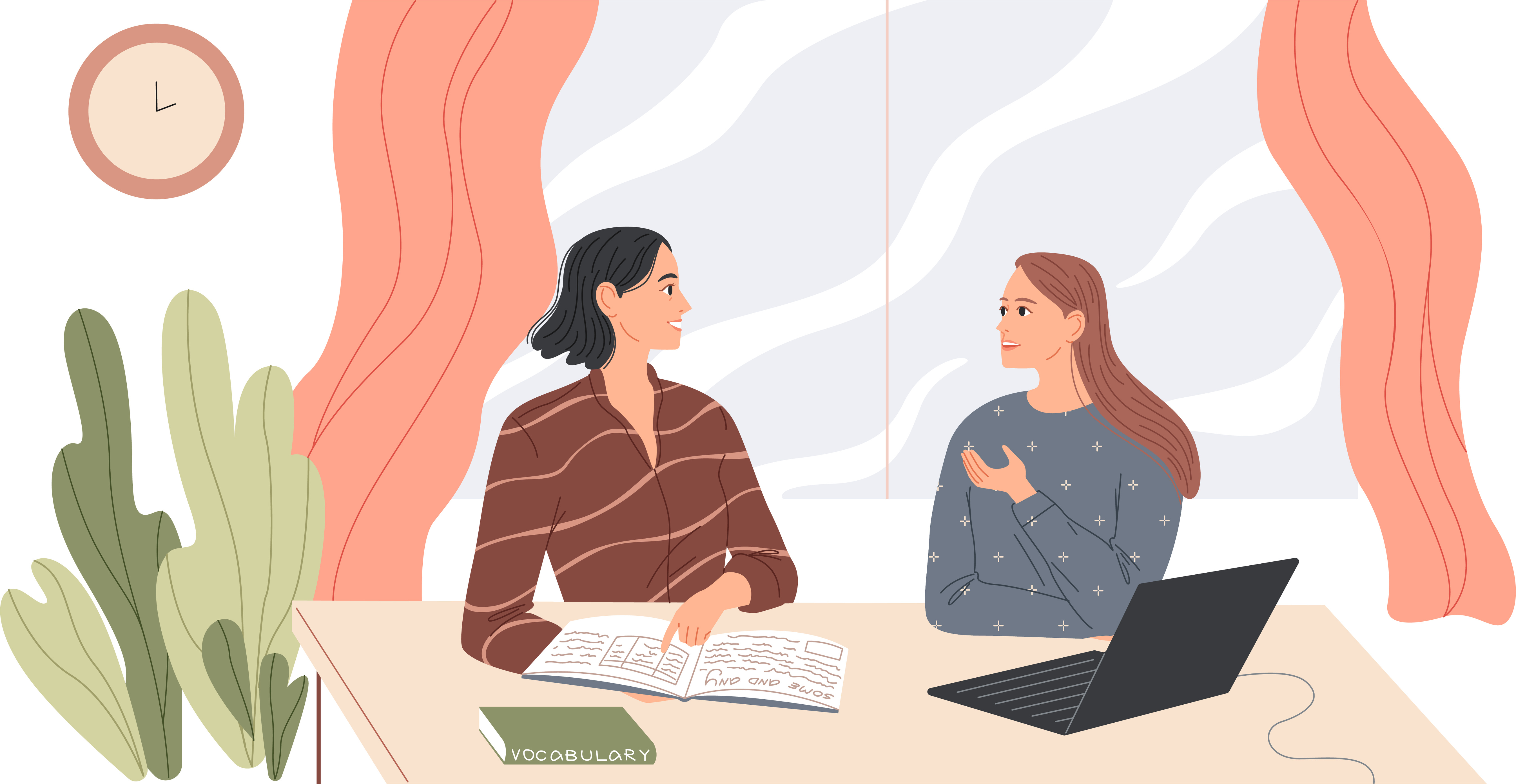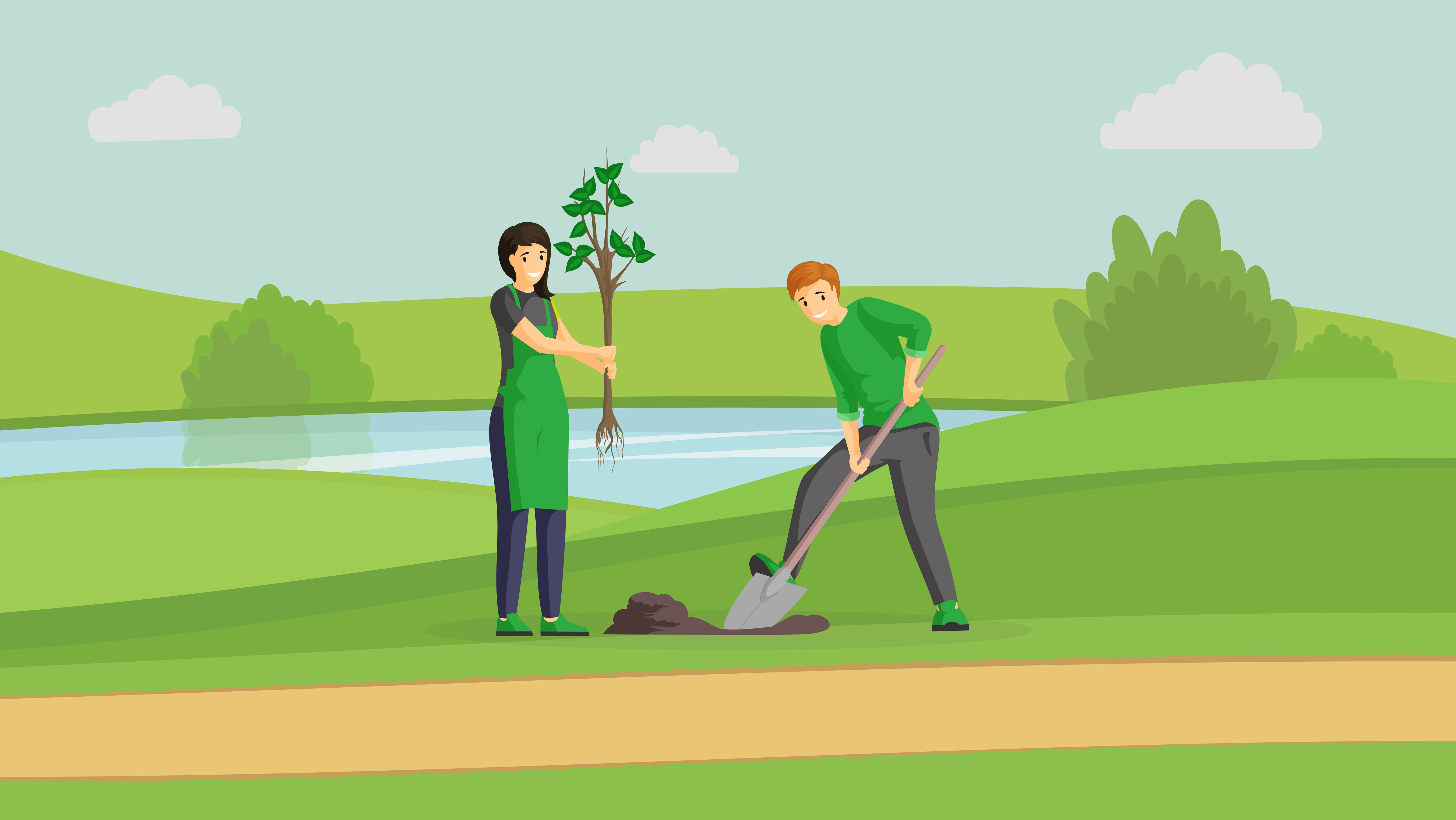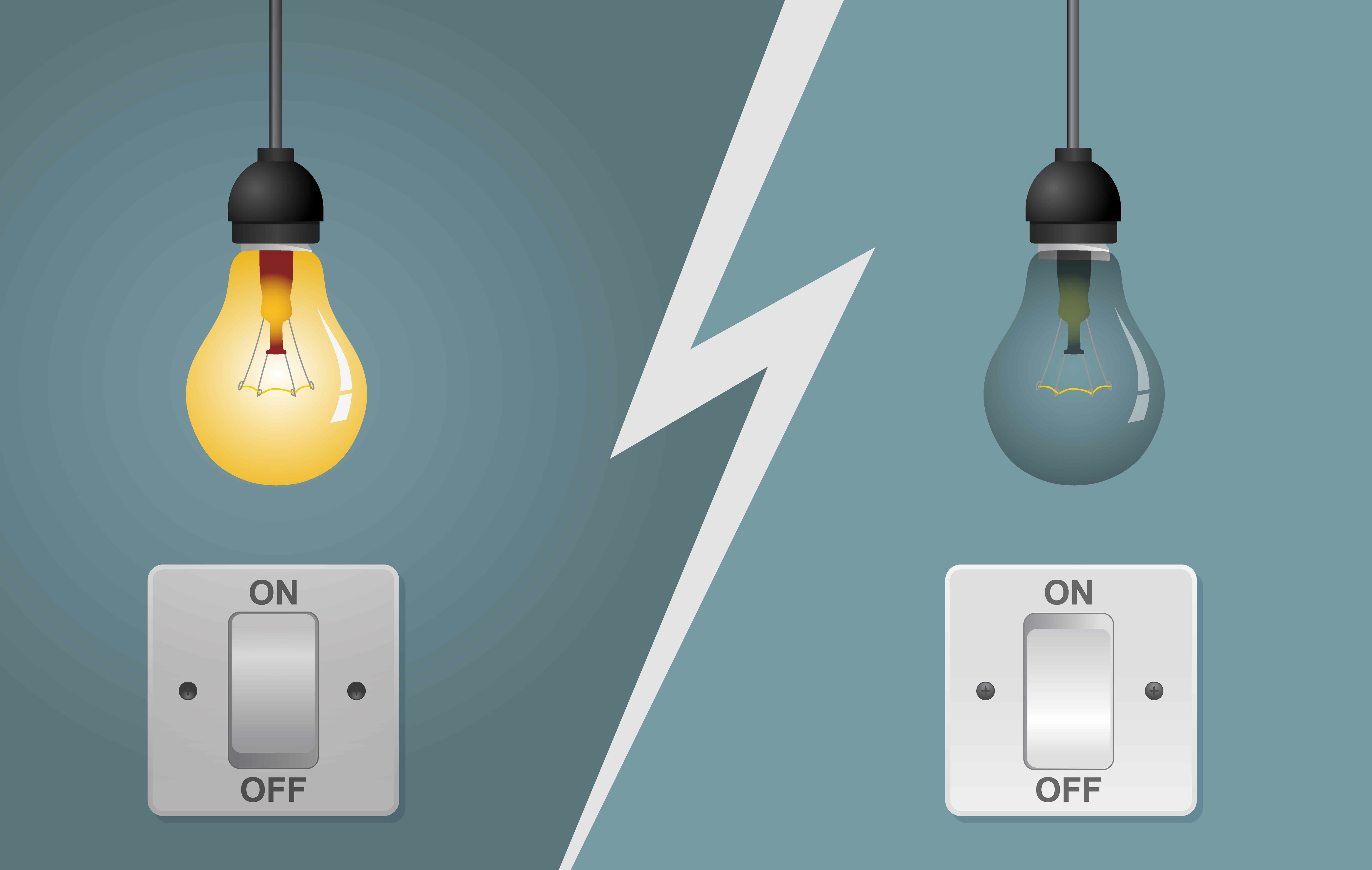
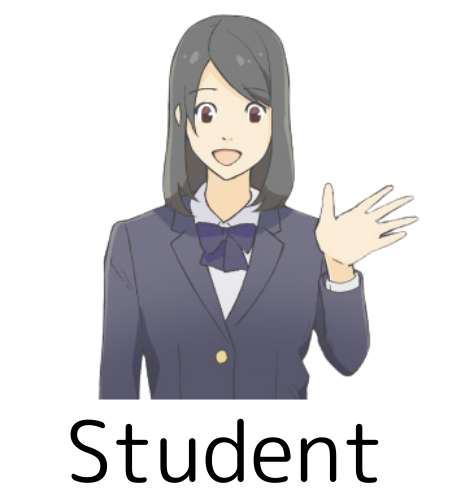

| Answer: |


 |
visit
訪れる
|
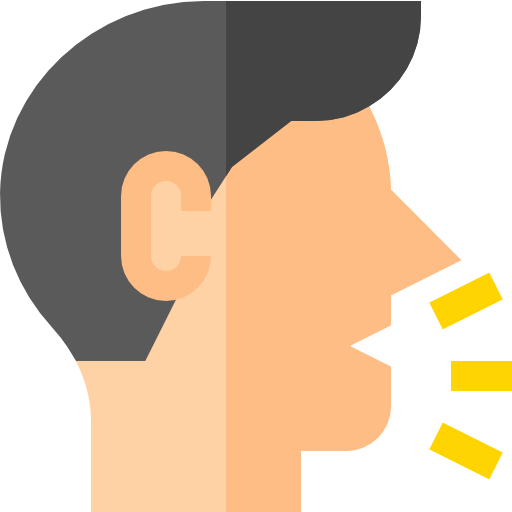 |
spoken
[speakの過去分詞]話される/話された
|
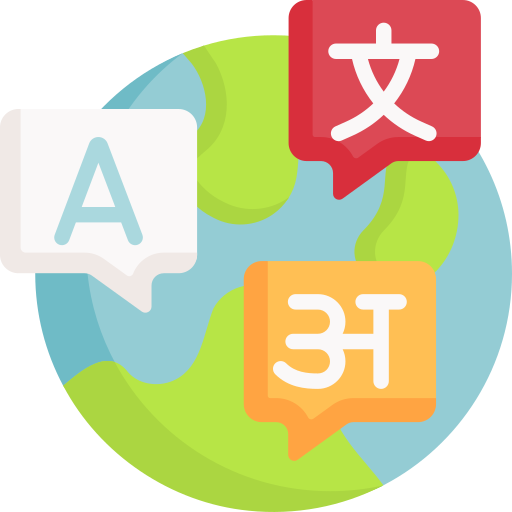 |
language
言語
|
 |
French
フランス語
|




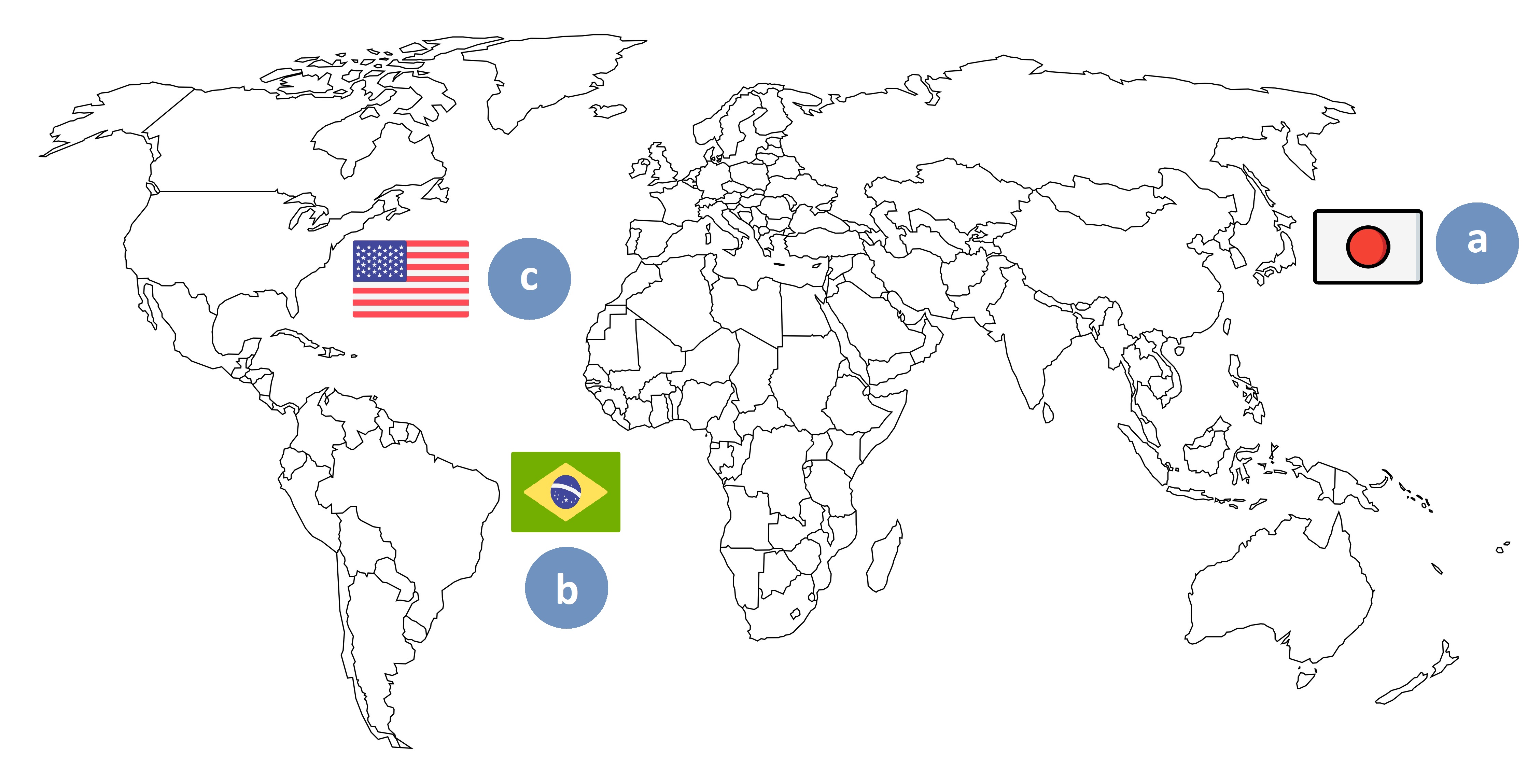
| a. | Japanese is used as an official language here. |
| b. | Portuguese is used as an official language here. |
| c. | ________________ is used as an official language here. |




|
A:
|
Which country do you want to visit? |
|
B:
|
I want to visit France. |
|
A:
|
What language is spoken there? |
|
B:
|
French is spoken there. |


| Brazil
ブラジル
|
Portuguese
ポルトガル語
|
|
| Canada
カナダ
|
English, French
英語、フランス語
|
|
| India
インド
|
Hindi
ヒンディー語
|
|
| Peru
ペルー
|
Spanish
スペイン語
|


|
TUTOR:
|
Which country do you want to visit? |
|
STUDENT:
|
I want to visit _______________. |
|
TUTOR:
|
What language is spoken there? |
|
STUDENT:
|
_______________ is spoken there. |


|
STUDENT:
|
Which country do you want to visit? |
|
TUTOR:
|
I want to visit _______________. |
|
STUDENT:
|
What language is spoken there? |
|
TUTOR:
|
_______________ is spoken there. |


|
TUTOR:
|
Which country do you want to visit? |
|
STUDENT:
|
I want to visit _______________. |
|
TUTOR:
|
What language is spoken there? |
|
STUDENT:
|
_______________ is spoken there. |


|
STUDENT:
|
Which country do you want to visit? |
|
TUTOR:
|
I want to visit _______________. |
|
STUDENT:
|
What language is spoken there? |
|
TUTOR:
|
_______________ is spoken there. |


Chinese is spoken there.


__________ is spoken there.










| 1. | How many languages are spoken in the world? |
| Answer: |


| 2. | What is used as the first language by the greatest number of people? |
| Answer: |





| 1. | Do you want to learn another language? |
| Answer: |


| 2. | Is English difficult for you? |
| Answer: |


| 3. | Do you want to visit a foreign country? If yes, what country? If no, why not? |
| Answer: |


| 4. | How many languages are spoken in your country? |
| Answer: |




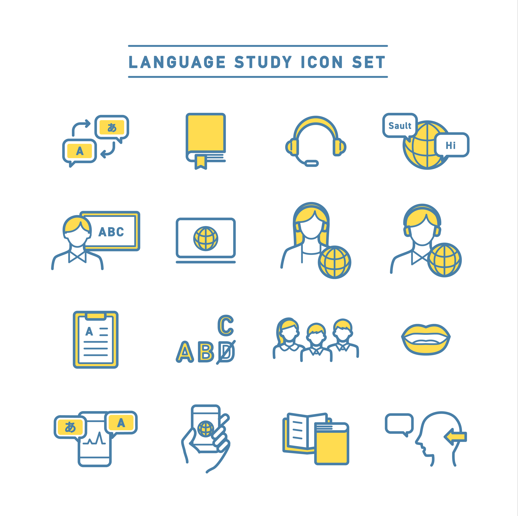

| Answer: |


| Answer: |

bk22_we2_review1



| Answer: |



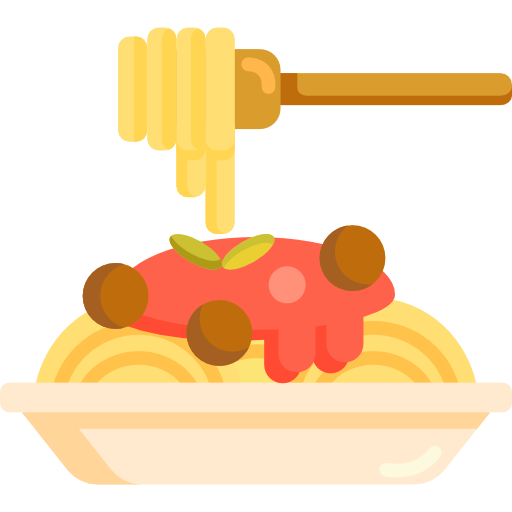 |
pasta
パスタ
|
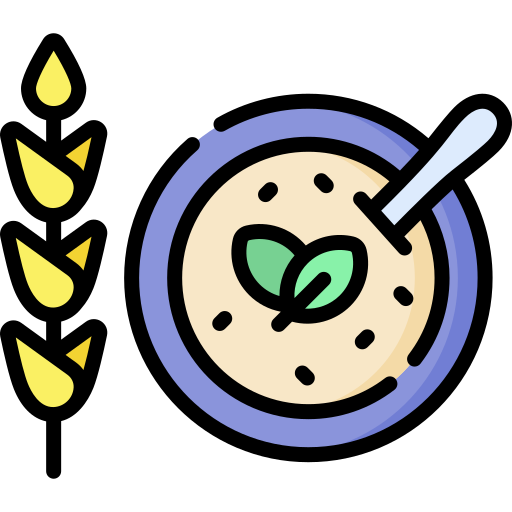 |
oatmeal
オートミール(穀物の一種)
|
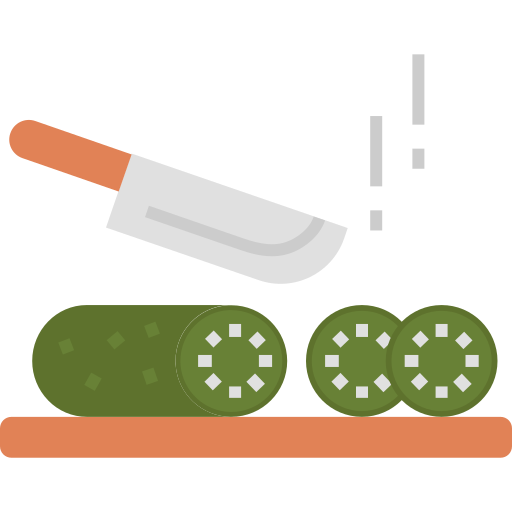 |
chop
刻む
|
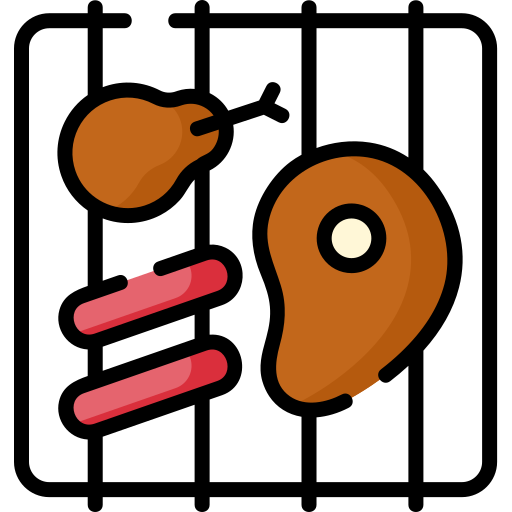 |
grill
〈肉などを〉焼く
|
 |
sandwich
サンドイッチ
|




| 1. | Mel’s favorite dish is pasta. |
| 2. | Ken doesn’t like oatmeal very much. |
| 3. | He chopped tomatoes a while ago. |
| 4. | Andy grilled some chicken yesterday. |
| 5. | Did you prepare the sandwich this morning? |
| 6. | Last week we had pancakes for breakfast every day. |




You may also use the sentences in part C_2 as reference to your answers.”
| Situation 1: |
You are talking to your friend. Ask him what he/she has for breakfast.
(Your tutor will pretend to be your friend.)
|
| Items to mention: |
– if he/she has a sandwich for breakfast – if he/she likes fried/scrambled/boiled egg for breakfast – if he has cereal for breakfast |

| Situation 2: |
You are talking to your classmate. Ask what his/her favorite dish is.
(Your tutor will pretend to be your classmate.)
|
| Items to mention: |
– his/her favorite dish – why s/he likes it – how often s/he eats it |

| Situation 3: |
You are talking to your friend. Ask him/her if s/he cooks at home.
(Your tutor will pretend to be your friend.)
|
| Items to mention: |
– if he/she goes grocery shopping with his/her mother/father – if he/she cooks with his/her mother/father or cooks alone – if he/she bakes cakes or cookies |

| Situation 4: |
You are talking to your mother/father. Ask him/her how to prepare food.
(Your tutor will pretend to be your mother/father.)
|
| Items to mention: |
– how to prepare tomatoes for salad – how to prepare pasta – how to season chicken |

| Situation 5: |
You are watching a cooking show. Tell me what the chefs are doing by looking at the picture.
(Your tutor will pretend to be your friend.)
|
| Items: |

|



| Answer: |


| Answer: |

bk22_we1_review2



| Answer: |



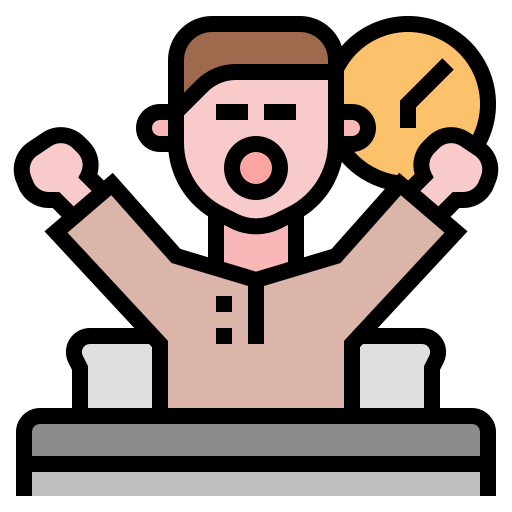 |
get up
起きる
|
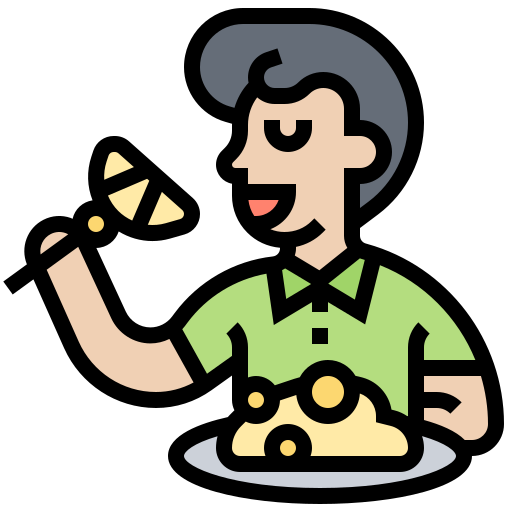 |
eat breakfast
朝食をとる
|
 |
go to school
登校する
|
 |
read books
読書する
|
 |
go to bed
寝る
|




| 1. | Kim always gets up at six o’clock. |
| 2. | Fred eats breakfast at seven o’clock. |
| 3. | June goes to school after breakfast. |
| 4. | Henry sometimes reads books. |
| 5. | She goes to bed at 10 o’clock. |
| 6. | Nami washes the dishes every day. |




You may also use the sentences in part C_2 as reference to your answers.”
| Situation 1: |
You are talking with your friend about what you are doing in the morning. Ask about his/her morning routines.
(Your tutor will pretend to be your friend.)
|
| Items to mention: |
– the time he/she gets up – the time he/she eats breakfast – if he/she drinks orange juice |

| Situation 2: |
You are talking to your classmate. Ask about his/her typical day.
(Your tutor will pretend to be your classmate.)
|
| Items to mention: |
– the time he/she goes to school – if he/she bikes to school – what he/she does after school |

| Situation 3: |
You are talking to your friend. Ask about the housework s/he helps with at home.
(Your tutor will pretend to be your friend.)
|
| Items to mention: |
– if he/she washes the dishes – other housework s/he does – who cooks dinner at home |

| Situation 4: |
You are talking to your new classmate. Ask about his/her activities on weekends.
(Your tutor will pretend to be your new classmate.)
|
| Items to mention: |
– if he/she reads books – if he/she meets his/her friends – the time he/she goes to bed on weekends |

| Situation 5: |
You are talking to your friend. Tell him/her about your father’s daily routines by using the picture.
(Your tutor will pretend to be your friend.)
|
| Item: |
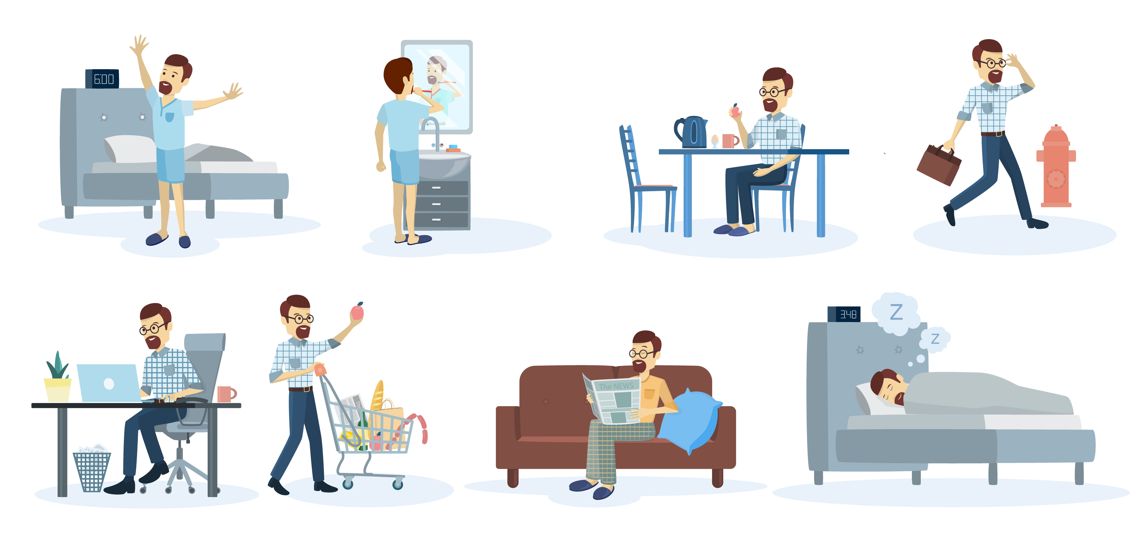
|



| Answer: |


| Answer: |

22stky_nt1_3
Part A Self introduction



| Answer: |



 |
tennis
テニス
|
 |
every
どの…も
|
| but
でも、…だが
|
|
 |
practice
練習する
|
 |
week
週、1週間
|




| 1. | I like baseball. |
| 2. | How many pens do you have now? |
| 3. | That girl is Aya. Do you know her? |




|
TUTOR:
|
I play tennis every Friday. Do you play tennis? |
|
STUDENT:
|
I don’t play tennis, but I play baseball. Do you like baseball? |
|
TUTOR:
|
Yes, I do. I practice baseball with my classmates. Let’s play baseball next week! |


|
STUDENT:
|
I play tennis every Friday. Do you play tennis? |
|
TUTOR:
|
I don’t play tennis, but I play baseball. Do you like baseball? |
|
STUDENT:
|
Yes, I do. I practice baseball with my classmates. Let’s play baseball next week! |






| 1. | Do you study every day? |
| Answer: |


| 2. | Do you play sports every week? |
| Answer: |


| 3. | What do you do after school? |
| Answer: |


| 4. | How many pens do you have? |
| Answer: |




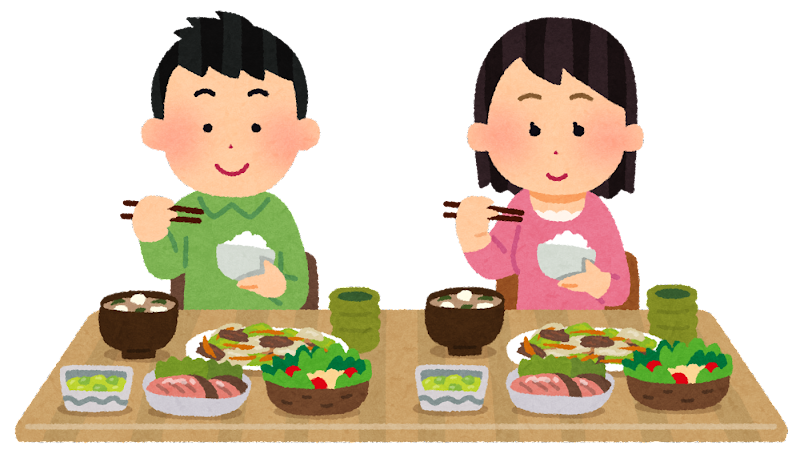
| 1. | Do you ________ Japanese food? |


| Yes, I do. I like ________________. |
| 2. | Do _____ work every day? |


| Yes, I do./No, I don’t. I __________________. |
| 3. | How _____ bags do you have? |


| I have _______ bags. |
| 4. | _______ do you do after work? |


| I ______________ after work. |




| Answer: |


| Answer: |

22Y_NT1_2-1




 |
he
彼
|
 |
she
彼女
|
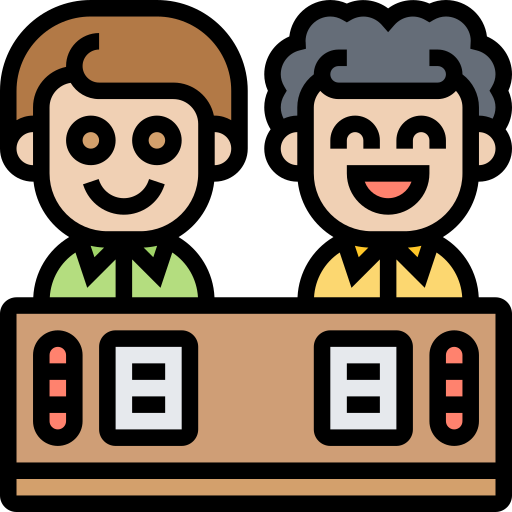 |
classmate
クラスメイト
|
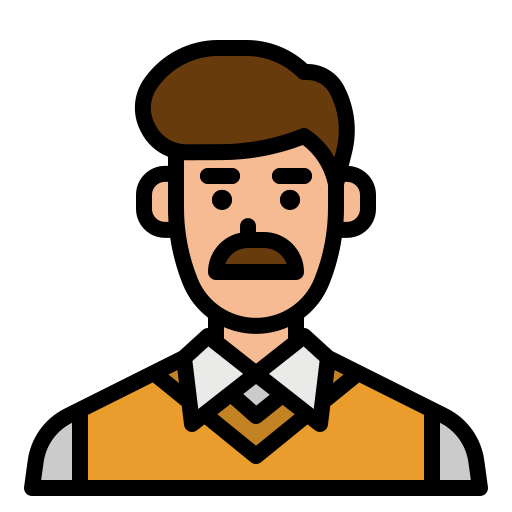 |
father
お父さん
|
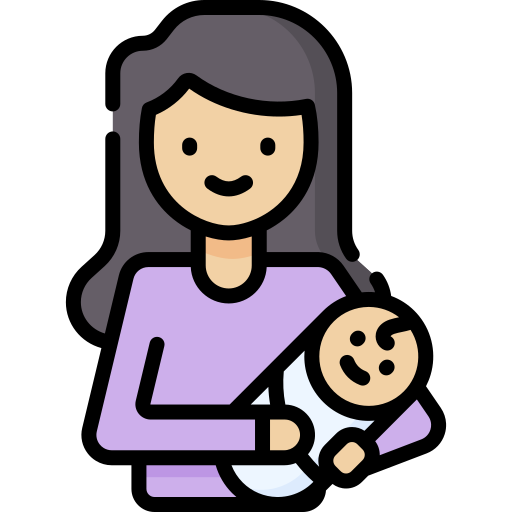 |
mother
お母さん
|




| 1. | This is Jane. She is my classmate. |
| 2. | That is Mr. Johnson. He is my teacher. |
| 3. | Mr. Parker is my English teacher. He is not my science teacher. |
| 4. | Is she your mother? |




|
TUTOR:
|
That is James. He is from Vietnam. |
|
STUDENT:
|
Is he my classmate? |
|
TUTOR:
|
Yes, he is. And that is Jenny. |
|
STUDENT:
|
Is she from Vietnam, too? |
|
TUTOR:
|
No, she isn’t. She is from Thailand. Her father is from Thailand. Her mother is from Japan. |




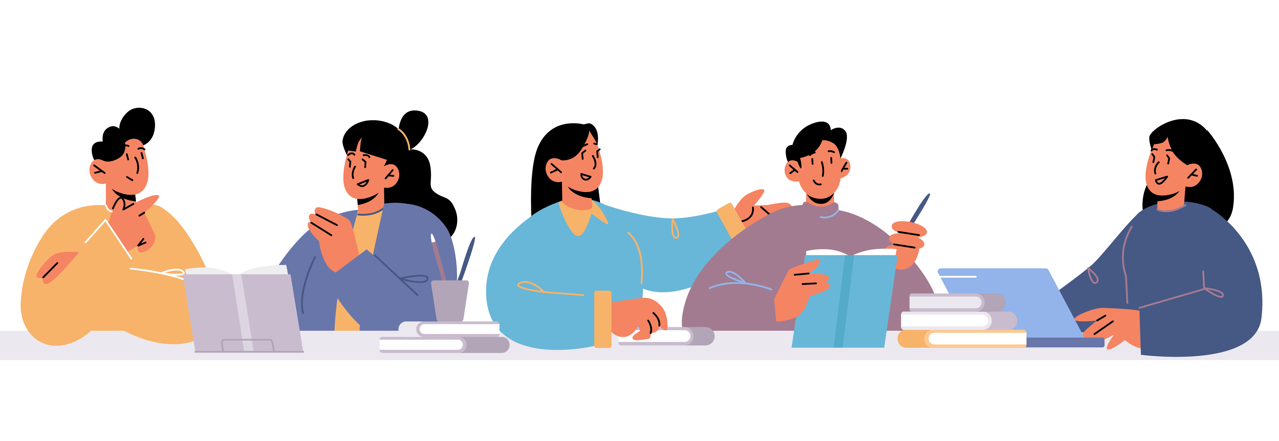


| 1. | Is John your friend? |


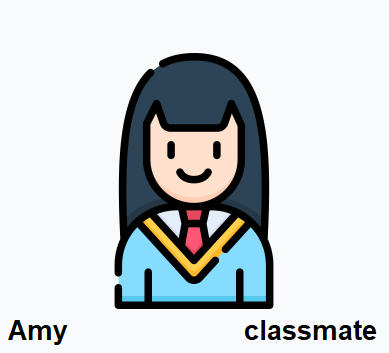
| 2. | Is Amy your classmate? |


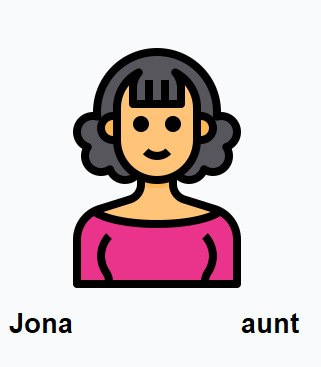
| 3. | Is Jona your mother? |


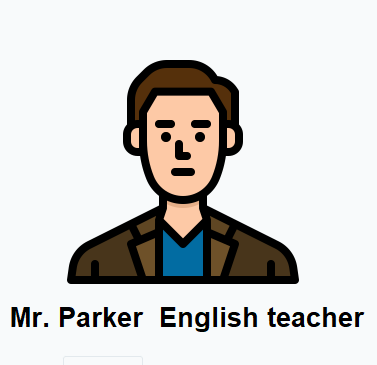
| 4. | Is Mr. Parker your English teacher? |


| 5. | Is your school big? |


| 6. | Is your bag new or old? |




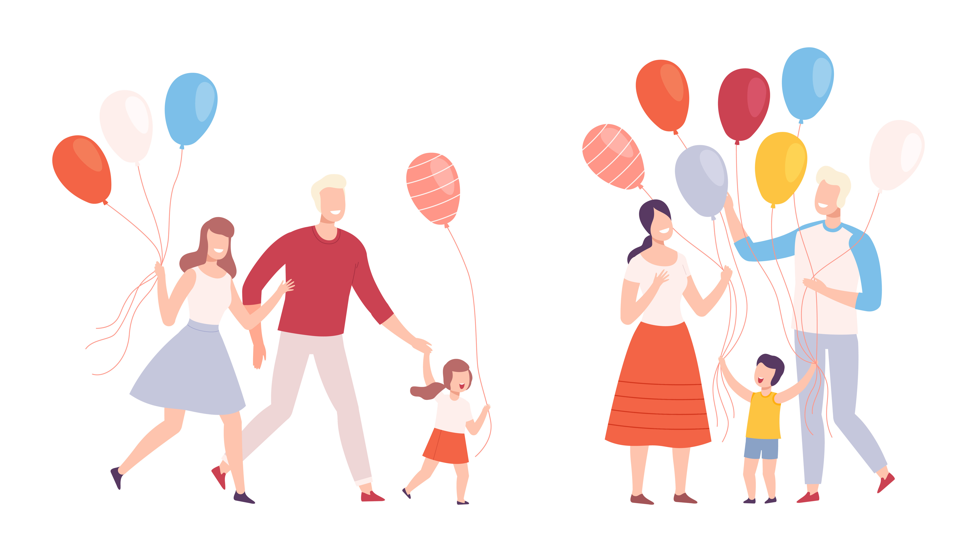
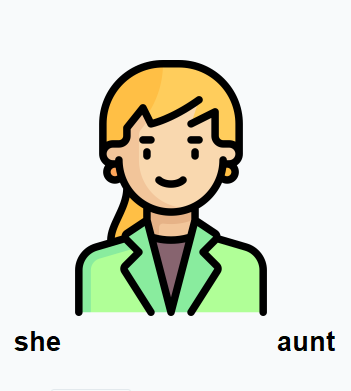
| 1. | Is __________ your mother? |


| Yes, _________. / No, ___________. She is my __________. |
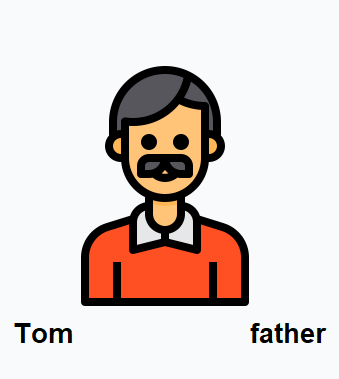
| 2. | ____ he Tom’s father? |


| Yes, _________./ No, __________. He is ______________. |
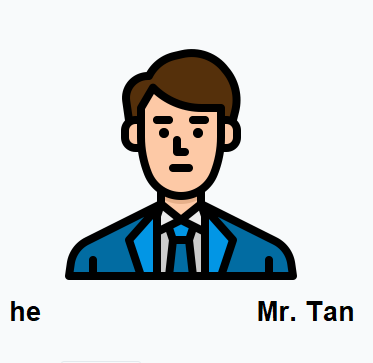
| 3. | Is he _________? |


| Yes, _________. / No, _________. He is __________. |
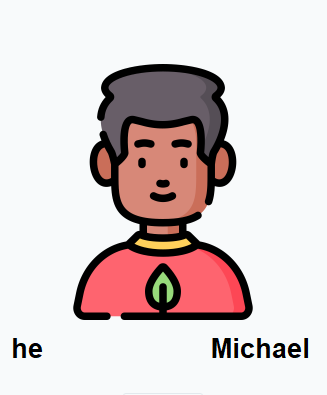
| 4. | ____ he Michael? |


| Yes, ______./ No, _________. He is __________. |
| 5. | ______ old are you? |


| I am _______ years old. |
| 6. | ____ your house new? |


| Yes, _________. / No, __________. It’s __________. |




| Answer: |


| Answer: |

General English(Expert)_History

| ancient |
古代の
|
| feature |
特徴(付けるもの)
|
| associated with |
~と関連のある
|
| description |
説明、記述
|
| awareness |
(…を)知ること
|
If people are aware of what has happened in the past, they will make better decisions in the future. People can learn about other countries as well as their own by studying history. By learning about different cultures, values, and historical backgrounds, you can consider how you relate to that country and its citizens. Understanding the past can help you recognize the present.
We should not be uninterested in history simply because it is in the past; rather, we should learn how the features of the modern world came to be. Let us study history to think about the future and consider the direction we want our world to take.
| 1. | What is history, according to the passage? |
| Answer: | |
| 2. | What will people do if they are aware of what happened in the past? |
| Answer: | |
| 3. | Where did the first historical written documents arise from, according to the passage? |
| Answer: |
| feature | |
| associated with | |
| description |
|
Expression:
|
This is just my opinion, but … |
|
Sample Question:
|
What do you think is the greatest thing people can learn from studying history? |
|
Sample Answer:
|
This is just my opinion, but the most important thing that we can learn from studying history is that many of the world’s successful people failed at some point in their lives. Their history and achievements prove that “failure teaches success.” If we want to be successful in life, we can learn from their failures. |
| Expression: | This is just my opinion, but … |
| Question: | For you, who is the most influential person in history? |
| Answer: |
I will check if your sentences are complete and if the grammar is correct.
| 1. | Some people say studying history informs you of wrong messages. Do you agree with it? |
| Answer: | |
| 2. | People learn from history, but they also make the same mistakes again as time passes. What is the best way to keep history alive? |
| Answer: |
Have you learned from failure? What was it?
Tell me about your own life history.
22Y_NT1_1-2




 |
Mr.
…様、…さん
|
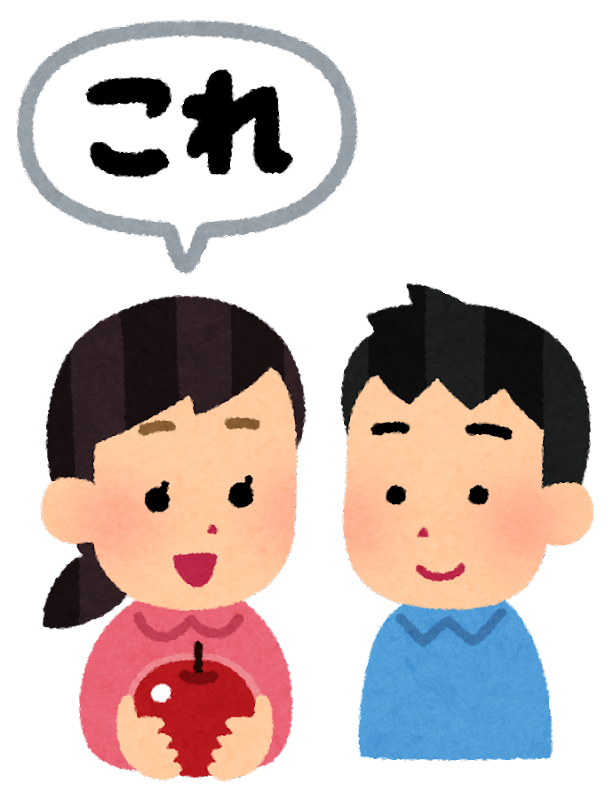 |
this
これ、こちら
|
|
your
あなたの
|
|
 |
teacher
先生
|
 |
student
生徒
|




| 1. | This is Max. |
| 2. | That is my pencil. |
| 3. | That is not my t-shirt. |
| 4. | Is this Fin’s bag? |




|
TUTOR:
|
Hello, Mr. Kim! Andy, This is Mr. Kim. |
|
STUDENT:
|
Hi, Andy. I’m your teacher today. |
|
TUTOR:
|
Nice to meet you, Mr. Kim. |
|
STUDENT:
|
This is your student card. Here you are. And that’s your seat. |
|
TUTOR:
|
Thank you. |






| 1. | Is that your desk? |


| 2. | Is that your pencil? |


| 3. | Is that your notebook? |


| 4. | Is that your laptop? |


| 5. | Do you have a TV in your room? |


| 6. | Do you like sweets? |





| 1. | Is ______ your room? |


| Yes, _________./ No, _________. It’s __________. |
| 2. | Is _______ your computer? |


| Yes, _________./ No, _________. It’s __________. |
| 3. | Is __________ your desk? |


| Yes, _________./ No, _________. It’s __________. |
| 4. | ____ that your sister or brother’s room? |


| Yes, _________./ No, _________. It’s __________. |
| 5. | _____ you have glasses? |


| Yes,___________./ No, ___________. |
| 6. | _____ you like spicy food? |


| Yes, _________. / No, ____________. |




| Answer: |


| Answer: |

22nrik_sh1_2




| 1. | Excitement |
| 2. | Sadness |
| 3. | A “thank you” moment |


| 1. | What did you/he/she/they do? |
| 2. | Who did it? |
| 3. | When was it? |
| 4. | Where was it? |
| 5. | Why did you/he/she/they do that? |
| 6. | How was it? |
| Answer: |


| Answer: |
include these points: (What / Who / When / Where / Why / How)




|
RINA:
|
What are you going to do after school? |
|
MIKE:
|
I’m going to practice tennis. I want to be a professional tennis player. |
|
RINA:
|
Wow! You’re going to be a great tennis player someday because you are working so hard! |
|
MIKE:
|
Thanks! How about you? What do you want to be in the future? |
|
RINA:
|
I want to be a doctor to help people who are in need. |
|
MIKE:
|
Oh, really? I believe you can do it! You are better at math, physics, and English than all of our classmates. |
【ヒント:日本語訳】
MIKE:テニスの練習をするよ。プロのテニス選手になりたんだ。
RINA:わー!とても頑張っているから、いつかすごいテニス選手になるね!
MIKE:ありがとう!君は?将来なにになりたいの?
RINA:私は困っている人を助けるために、医者になりたいな。
MIKE:本当?君ならなれると信じているよ!数学も物理も英語も、クラスメイトの誰よりも得意だもの。


| 1. | What is Mike going to do after school? |
| Answer: |


| 2. | What does Rina want to be in the future? |
| Answer: |




|
RINA:
|
What are you going to do after school? |
|
MIKE:
|
I’m going to practice tennis. I want to be a professional tennis player. |
|
RINA:
|
Wow! You’re going to be a great tennis player someday because you are working so hard! |
|
MIKE:
|
Thanks! How about you? What do you want to be in the future? |
|
RINA:
|
I want to be a doctor to help people who are in need. |
|
MIKE:
|
Oh, really? I believe you can do it! You are better at math, physics, and English than all of our classmates. |





|
practice
ˈpræk.tɪs
練習する
|

|
dream
driːm
夢
|
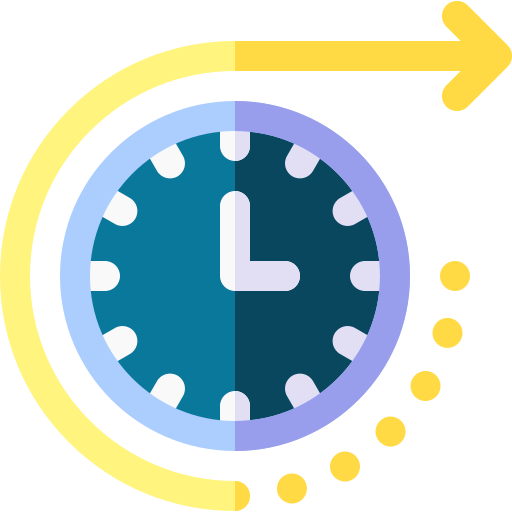
|
future
ˈfjuː.tʃər
将来
|

|
in need
ɪn/niːd
必要とする
|

|
believe
bɪˈliːv
信じる
|




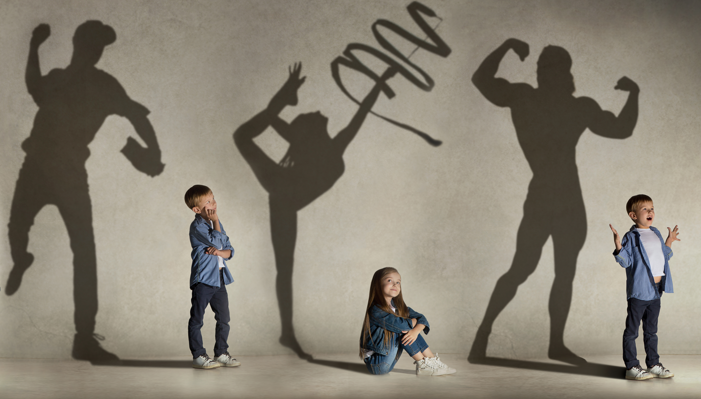

| 1. | What is your future dream? |
| Answer: |


| 2. | If you could have one wish come true, what would you want to be able to do? |
| Answer: |


| 3. | Have you been trying something to realize your dream? If yes, what is it? If not, what do you need to do for your future? |
| Answer: |









| Situation 1: |
You are talking to your best friend. Ask him what his/her future dreams are.
(Your tutor will pretend to be your best friend.)
|
| Items to mention: |
– future dream – what he/she does to make it come true – reasons why he/she want to do/be that |

| Situation 2: |
You and your friends are talking about countries you want to visit in the future. Talk about your dream places.
(Your tutor will pretend to be your friend.)
|
| Items to mention: |
– dream place – why you want to go there – things you want to do there |





| 1. | What are the subjects you are good at? How do you study it? |
| 2. | What are the other things you are good at? Sports, hobbies, sleeping, anything. When do you do it? |
| Answer: |


| 1. | With whom do you want to do it? |
| 2. | Why do you want to try it? |
| Answer: |


たくさん話すためには?
■ いつ、誰とどこで何をしたのか伝えよう。
■ それをしてどう感じたか、なんでそう感じたのかも伝えるよう意識しよう。
例)
I took an online lesson with Ellen at my house today.
(what/who/where/when)
It was fun to talk with Ellen because her hobby was the same as mine.
(how/why)

22nrik_sh2_2




| 1. | Excitement |
| 2. | Sadness |
| 3. | A “thank you” moment |


| 1. | What did you/he/she/they do? |
| 2. | Who did it? |
| 3. | When was it? |
| 4. | Where was it? |
| 5. | Why did you/he/she/they do that? |
| 6. | How was it? |
| Answer: |


| Answer: |
include these points: (What / Who / When / Where / Why / How)





The biggest environmental issues nowadays are global warming and climate change. Global warming causes temperature changes, increased heat, and floods. Climate change is also caused by global warming.
【ヒント:日本語訳】
今現在の最も大きな環境問題は、地球温暖化と気候変動です。地球温暖化は、気温の変動や酷暑、洪水などを引き起こします。気候変動も地球温暖化が原因です。
環境問題を意識する人が増えています。私たちは、地球温暖化を減らすために協力することができます。例えば、水の無駄遣いをやめることです。また、木を植えたり、もっと多くのものをリサイクルしたりすることもできます。
環境に貢献することは、地域社会にも貢献することになるのです。


| 1. | What are the biggest environmental issues nowadays? |
| Answer: |


| 2. | How can we help in reducing global warming? |
| Answer: |





The biggest environmental issues nowadays are global warming and climate change. Global warming causes temperature changes, increased heat, and floods. Climate change is also caused by global warming.





|
temperature
ˈtem.pɚ.ə.tʃɚ
温度、気温
|

|
flood
flʌd
洪水
|

|
waste
weɪst
無駄にする
|

|
plant
plænt
植物、苗木
|

|
recycle
ˌriːˈsaɪ.kəl
再生利用する
|




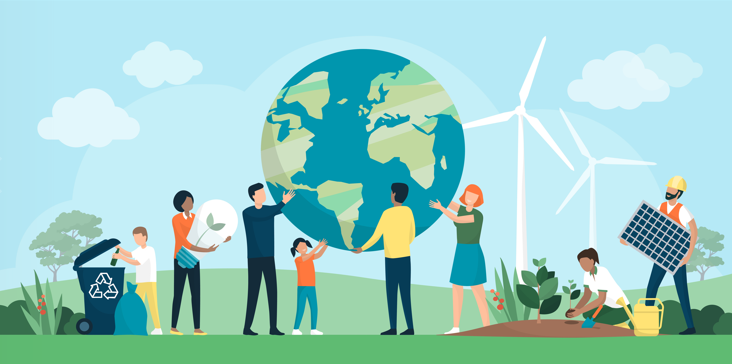

| 1. | What do you do to help the environment? |
| Answer: |


| 2. | How do you stop wasting water? |
| Answer: |


| 3. | Have you tried recycling? If yes, what did you recycle? If no, what do you want to recycle? |
| Answer: |




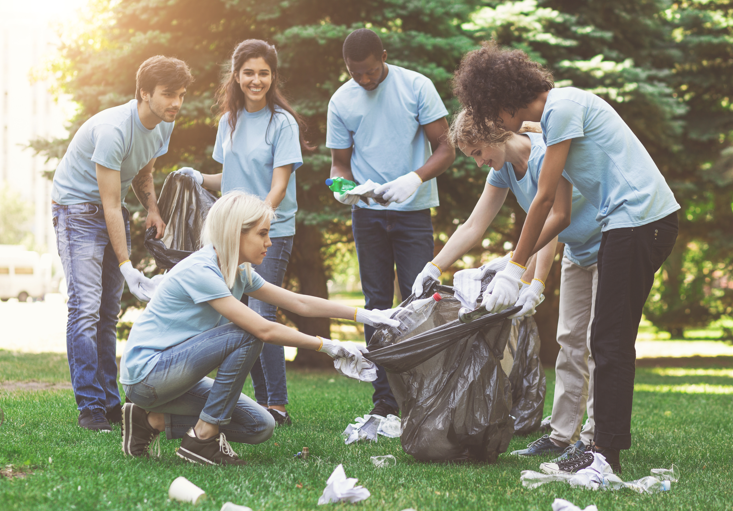




| Situation 1: |
You and your friend will participate in an outdoor activity. Encourage your friend to join the tree planting activity.
(Your tutor will pretend to be your friend.)
|
| Items to mention: |
– invite your friend to join the tree planting activity – when and where – benefits of trees |

| Situation 2: |
Your brother/sister did not turn off the light after using the bathroom. Tell him/her the bad effects of wasting energy.
(Your tutor will pretend to be your brother/sister.)
|
| Items to mention: |
– why we should turn off the lights – when we should do it – what happens if we do not do it |





| 1. | When do you usually ride it? |
| 2. | What do you ride when you go to a far place? Why is it? |
| Answer: |


| 1. | Do you recycle plastic bottles that you have finished drinking? Why or why not? |
| 2. | Which do you prefer, plastic bags or your own reusable bag? Why? |
a plastic bag レジ(ビニール)袋
a reusable bag マイバッグ
| Answer: |


たくさん話すためには?
■ いつ、誰とどこで何をしたのか伝えよう。
■ それをしてどう感じたか、なんでそう感じたのかも伝えるよう意識しよう。
例)
I took an online lesson with Ellen at my house today.
(what/who/where/when)
It was fun to talk with Ellen because her hobby was the same as mine.
(how/why)

General English(Expert)_Culture
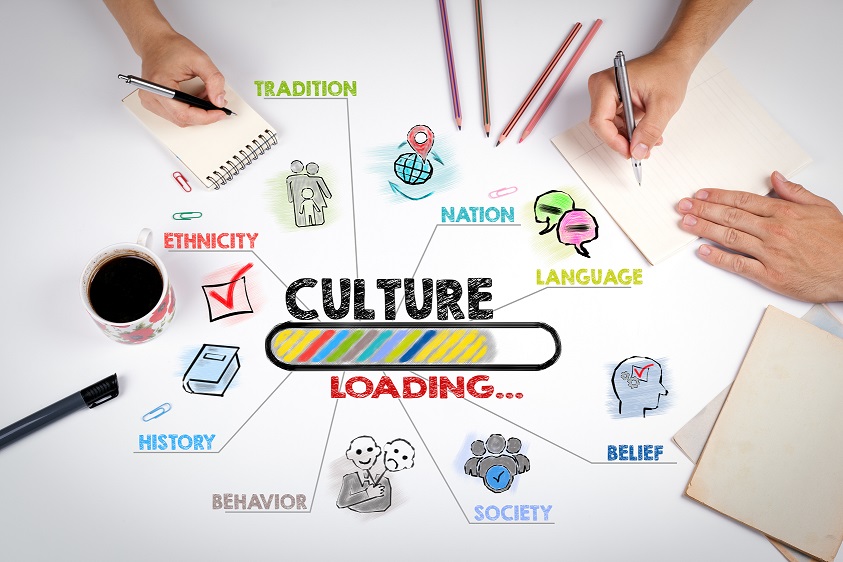
| preserve |
保存する
|
| transmit |
(…に)伝える
|
| ritual |
慣習的行為
|
| shape |
形づくる
|
| hospitality |
親切にもてなすこと
|
| 1. | According to the passage, what is influenced by culture? |
| Answer: | |
| 2. | From where can we obtain information about culture? |
| Answer: | |
| 3. | What does the Japanese tea ceremony intend? |
| Answer: |
| transmit | |
| shape | |
| hospitality |
|
Expression:
|
In my personal view, … |
|
Sample Question:
|
What do you think are the effects of culture? |
|
Sample Answer:
|
In my personal view, culture has significant effects on people’s quality of life and the economy. A culture that is directly related to one’s own life enriches one’s life and gives one an identity. Understanding different cultures increases tolerance. Also, culture is closely related to entertainment, so I think it would have a global economic impact. |
| Expression: | In my personal view, … |
| Question: | What aspects of Japanese culture do you find interesting? |
| Answer: |
I will check if your sentences are complete and if the grammar is correct.
| 1. | Is it important to learn about other countries’ cultures? |
| Answer: | |
| 2. | Is culture stable or constantly changing? |
| Answer: |
If so, please tell me more.
If no, please explain one of the Japanese cultural behaviors or ceremonies, etc.



